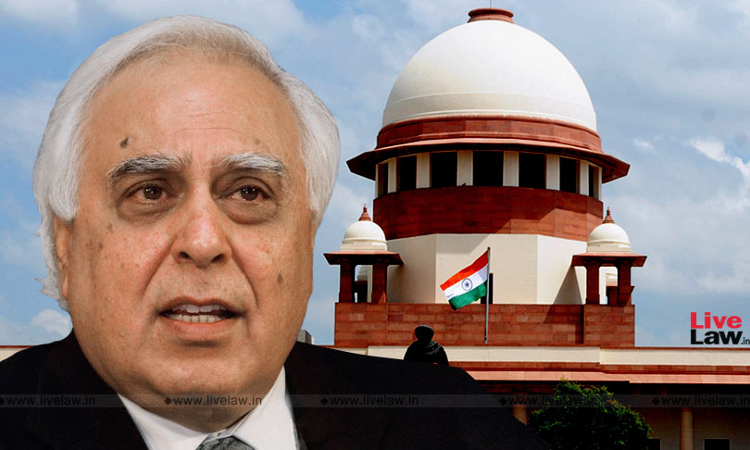PMLA Interpretation - Accused Has Right To Remain Silent; Can't Be Forced To Cooperate With Investigation: Kapil Sibal In Supreme Court
Shruti Kakkar
1 Feb 2022 7:45 PM IST

The accused has a constitutional right to remain silent. This right can't be used against the accused to deny him bail by saying he hasn't cooperated" submitted Sibal challenging the ED's procedure under Section 50 PMLA
Next Story


